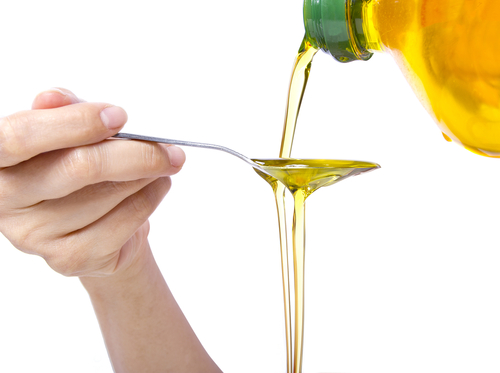
The last thing anyone ever wants to deal with is a dental emergency. Dental emergencies, like any type of unexpected issue, can be scary, painful, and even confusing as to how to handle them. At our dental offices in Middletown, Kettering, and West Chester, we want to help our patients and neighbors understand different types of dental emergencies and what to do if any happen to them.
Common Dental Emergencies & What to Do
Before we talk about what you can do at home in case of a dental emergency, there’s one thing you should always do first. If you’re experiencing a dental emergency, call your dentist as soon as you can.
If you can’t get in to see your dentist immediately, try some of the tips to relieve some of the most common dental emergencies:
- Knocked Out Tooth – A knocked out tooth has a higher chance of being saved if it’s put back into the socket within an hour, so it’s important to act as quickly as you can. After you find the tooth, only touch the crown (the white part). Contact with the roots can cause even more damage. Try putting it back into the socket without using too much force. If you can’t, put the tooth in milk or store it under your tongue with some spit and get to a dentist.
- Lost Filling – Losing a filling can be painful and the best thing you can do is get something into the hole. Head to a drugstore to buy over-the-counter dental cement and pack the area where the filling used to be. If you can’t find dental cement, sugarless gum is another temporary option. Whatever you do, don’t use anything with sugar, it’ll make the pain worse.
- Chipped or Broken Tooth – Find any piece of the tooth that you can and rinse them with water. You should also give your mouth a good rinse as well. Stop any bleeding by applying pressure with a piece of gauze and use a cold compress to reduce pain.
Avoid a Problem
The best way to avoid a problem is to prevent a problem. How? We’re glad you asked! First, make sure you’re maintaining regular visits with your dentist at least twice a year. Regular appointments can help catch any problems before they become an annoying, and possibly painful, emergency. Next, be aware of things that may lead to an issue. For example, popcorn, sticky foods, and hard, crunchy snacks are notorious culprits of dental emergencies. Avoiding them can reduce your risk of a dental problem.
If you’re looking for a new dentist, are experiencing a dental emergency, or are new to the area, we welcome you to make an appointment at our Middletown, Kettering, or West Chester dental office. We’re here to keep smiles healthy and help those experiencing an emergency get relief.
Welcoming patients from Middletown, Kettering, West Chester and the surrounding areas.


 Review Us
Review Us Review Us
Review Us







